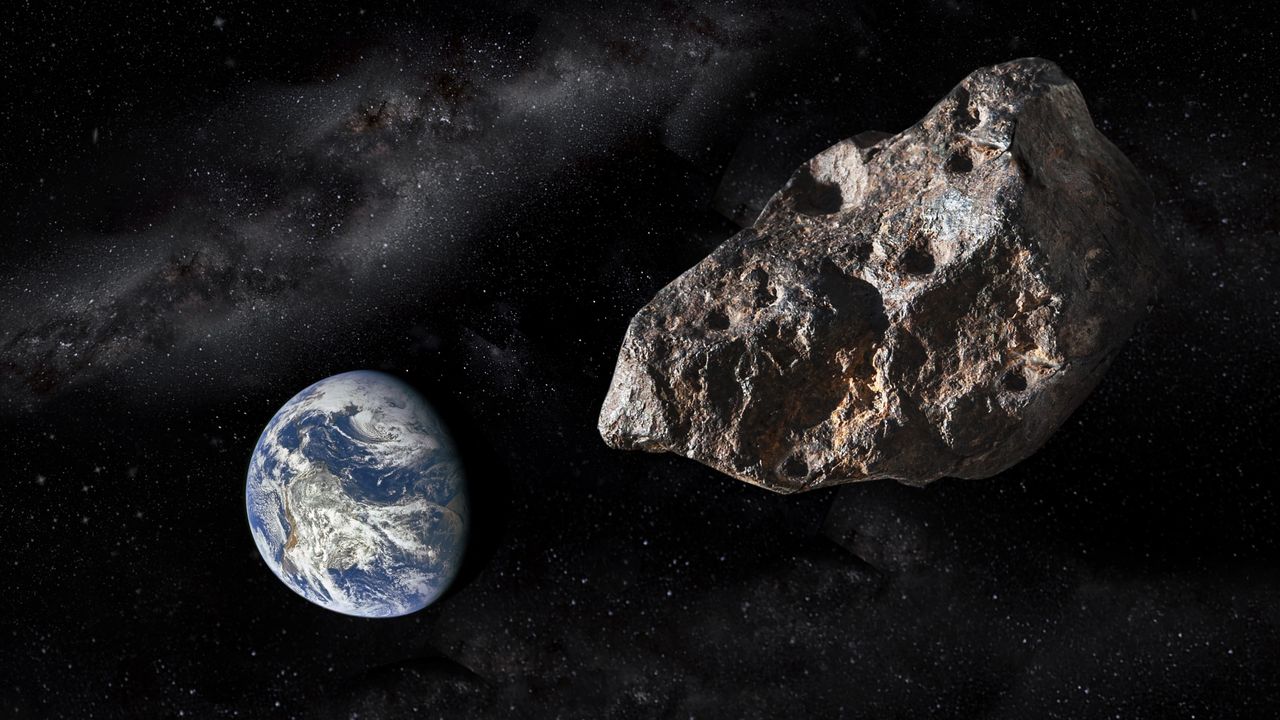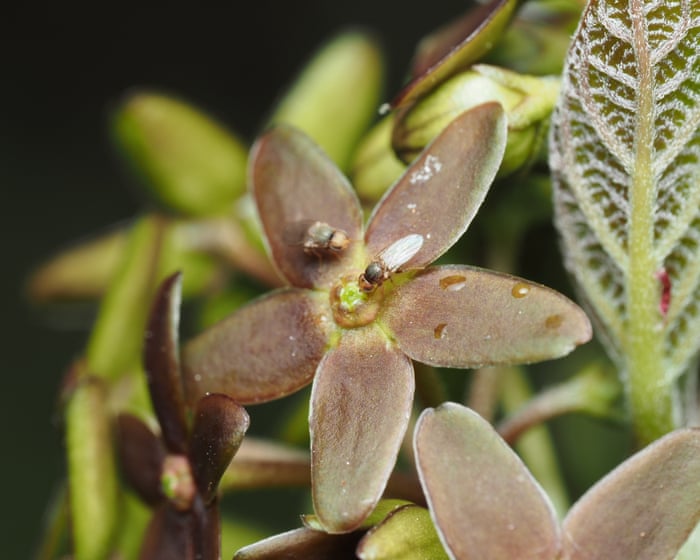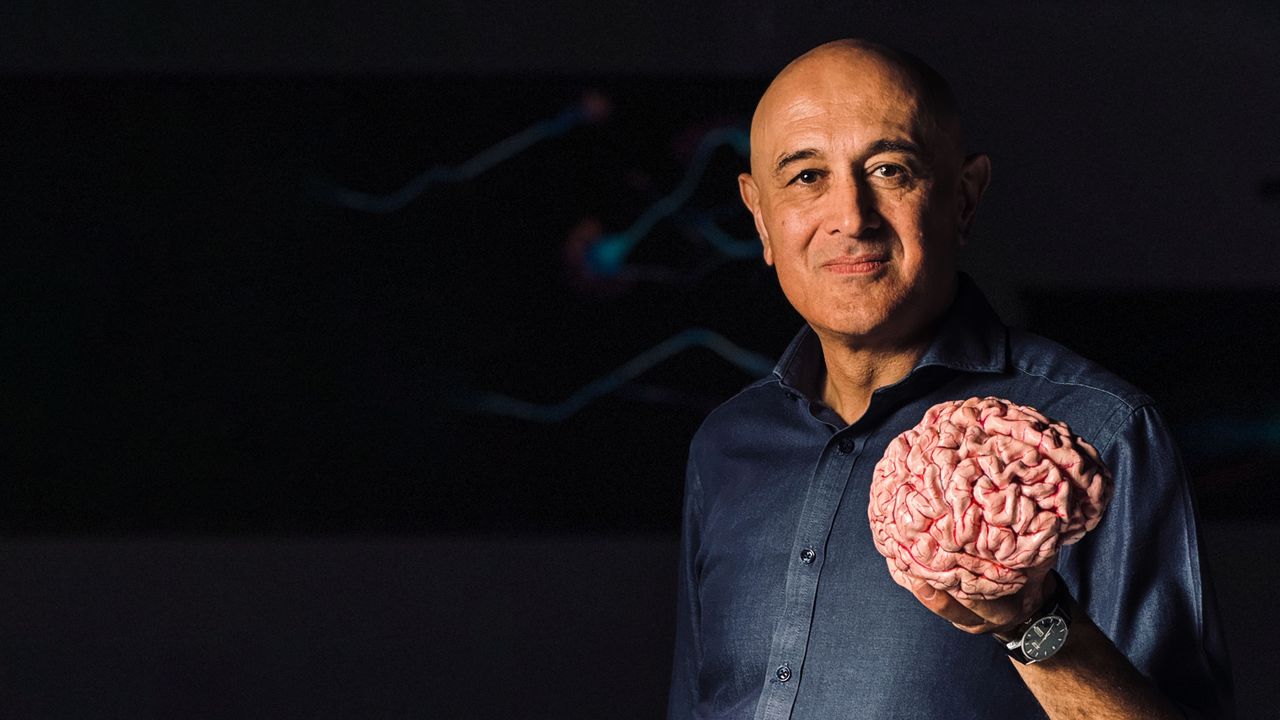Abandoning daylight saving time could prevent over 300,000 stroke cases a year in the US, study claims
PositiveScience

A recent study suggests that abandoning daylight saving time could prevent over 300,000 stroke cases annually in the US. The research highlights how the time change disrupts our circadian rhythm, leading to significant health risks. By eliminating this practice, we could potentially improve public health and reduce the burden of strokes, making it a crucial conversation for policymakers and health advocates alike.
— Curated by the World Pulse Now AI Editorial System







